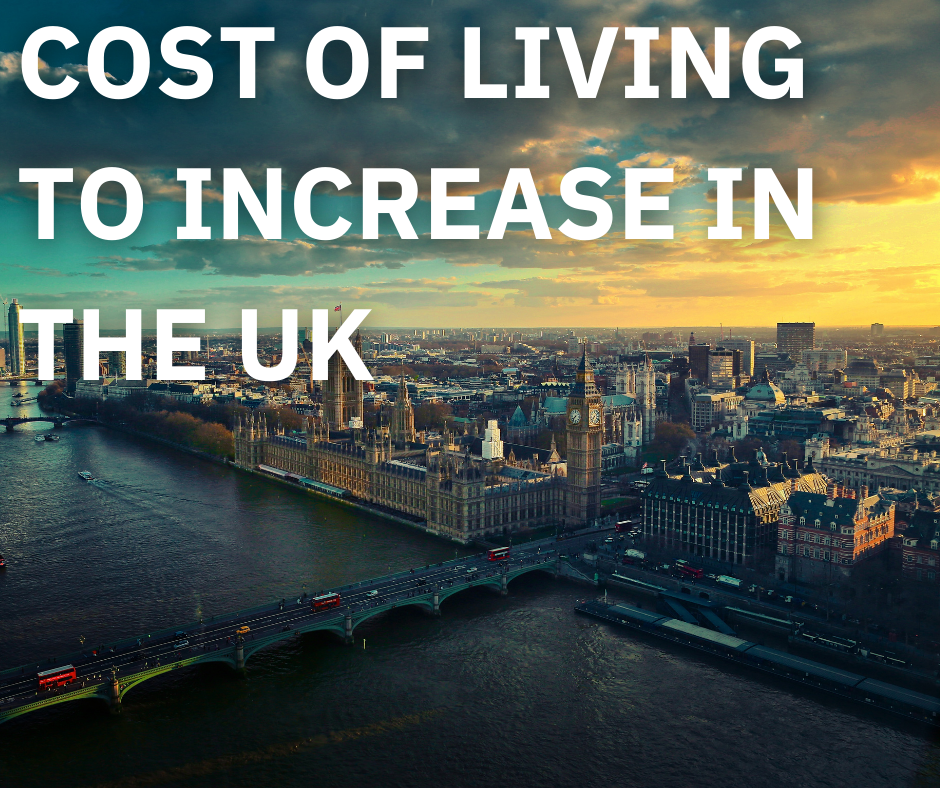According to new data released earlier this month, the cost of living increased by 4% last year, the highest percentage in over ten years. The recent spike in fuel and energy prices is seen to have played a significant role in increasing the pressure on UK consumers.
What is inflation?
In economics, inflation is defined as a gradual increase in the price of goods and services in a given economy. When the overall price level rises, each unit of currency buys fewer products and services; as a result, inflation equals a loss of money's buying power.
For additional information, see our piece "Inflation soars to its greatest level on record," which highlights the major changes to several industries that have been impacted by the increase in inflation.
Inflation may affect almost every commodity or service, including necessities like housing, food, medical care, and utilities, as well as luxuries like cosmetics, vehicles, and jewellery. Once inflation has spread across an economy, people and companies alike are concerned about the possibility of future inflation.
Inflation is a worry because it reduces the value of money saved today. Inflation also reduces a person's purchasing power and might even make it difficult to retire for some as well.
What causes inflation to rise?
Prices and inflation in an economy can be influenced by a variety of things. Inflation is usually caused by an increase in production costs or a rise in demand for goods and services.
- Cost-push inflation
As a result, the increased production costs are passed on to customers in the form of higher finished goods pricing.
- Demand-pull inflation
While this is seldom a worry for short-term supply and demand mismatches, persistent demand can ripple through the economy and boost prices for other items, resulting in demand-pull inflation.
- Housing market
Because of the increased need for homes, construction items such as timber and steel, as well as nails and rivets used in dwellings, may all experience a spike in demand.
How does inflation affect your cost of living?
For individuals who are unaware of what the term "cost of living" means, it refers to the expenses of sustaining a standard of living. A cost-of-living index is used to measure changes in the expense of living over time.
Calculations of the cost of living are frequently used to compare the costs of sustaining a particular level of life in different geographical places.
We're all impacted by rising costs, but those on a low income or without any savings are likely to experience the effects more acutely. If your compensation doesn't keep pace with inflation, your earnings will lose "real" value since you'll be able to purchase less with your money.
Here are some examples of things that will increase in price:
- Home renovations
Because of all of these factors, the cost of lumber has doubled in comparison to a year ago, making not just fences but also internal walls more expensive.
- Uber fares
- Snacks
- Energy bills
Growing residential energy prices are influencing the projection for inflation (a measure of the rising cost of living as a whole), which is likely to rise in the coming months before dropping as the situation improves.
Unprecedented developments in our economy might be scary and difficult to follow, but here at Persona Finance, we're here to help you and your business by delivering the most crucial remote accounting services. For more information on our services, please contact Persona Finance at [enquiries@personafinance.co.uk].



